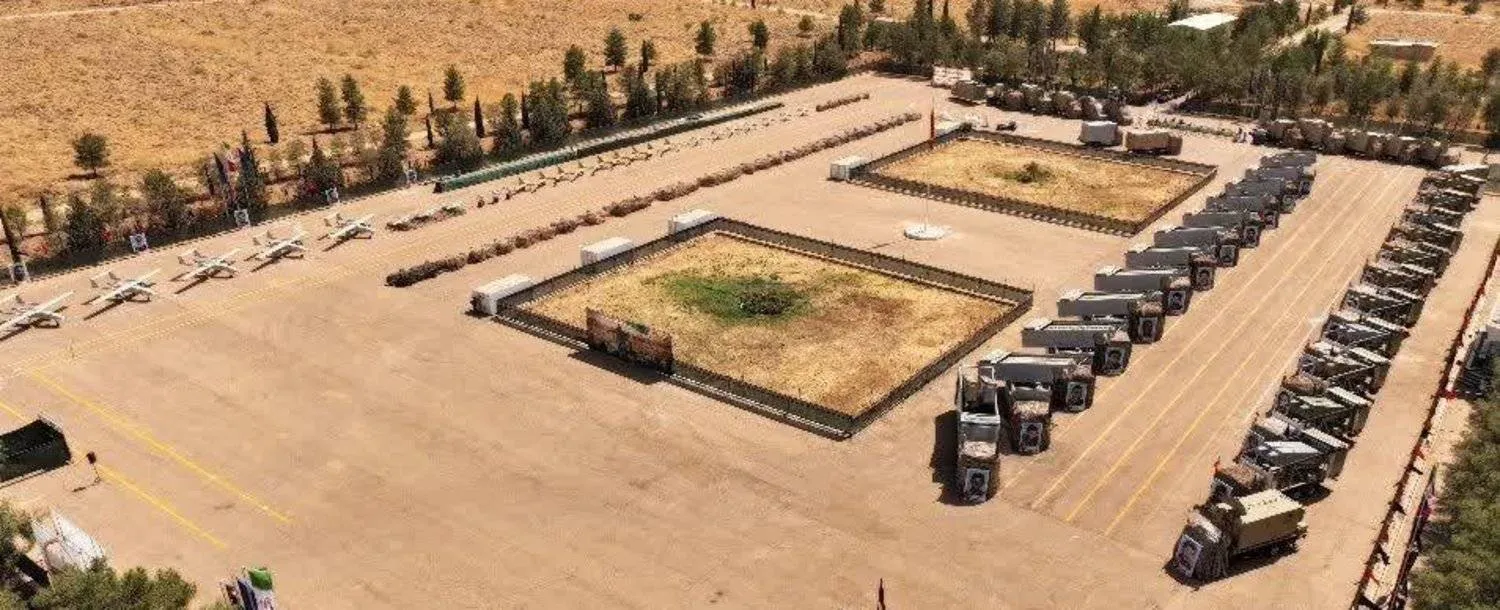Iran has equipped its Revolutionary Guards’ navy with drones and 1,000-km range missiles, Iranian news agencies reported on Saturday, as the US offers to put guards on commercial ships going through the Arab Gulf’s Strait of Hormuz.
According to the official IRNA news agency, various types of drones, along with several hundred cruise and ballistic missiles with ranges ranging from 300 to 1000 kilometers, have been added to the naval capabilities of the Revolutionary Guards.
These additions were reported by Reuters.
Last week, the Revolutionary Guards conducted maneuvers on the occupied Emirati island of Abu Musa, with participation from naval forces as well as special units from the Basij militia.
Meanwhile, media outlets affiliated with the Revolutionary Guards launched a propaganda campaign to spotlight the utilization of artificial intelligence in missiles.
Revolutionary Guards' Navy Commander Alireza Tangsiri told state TV on Saturday that the new missiles had better precision, as well as a longer range.
“The cruise missiles can attack several targets simultaneously and the commands can be altered after take-off,” Tangsiri said.
“In the drone system, flight time can be extended, larger and heavier warheads can be utilized, e-warfare can be countered, firing at moving targets is possible, and their location can be pinpointed,” he added regarding drones.
Revolutionary Guards commander Hossein Salami said: “Instead of the enemy’s presence becoming a threat to us, it has become an opportunity.”
“By seizing opportunities, overcoming threats and risks, our defensive and military productivity growth rates have increased,” he added.
“Today, the systems and equipment in the field are a normal phenomenon in our view; we are not astonished as we were in past years.”
Salami downplayed the impact of US sanctions on the expansion of Iran’s weaponry, especially concerning ballistic missiles and Iranian drones.
“The enemies wanted to impose sanctions on us, but we have grown stronger,” he remarked.
The naval forces of the Revolutionary Guards serve as a parallel entity to the Iranian Army’s navy and are responsible for safeguarding Iran’s waters in the Arabian Gulf and the Strait of Hormuz.









